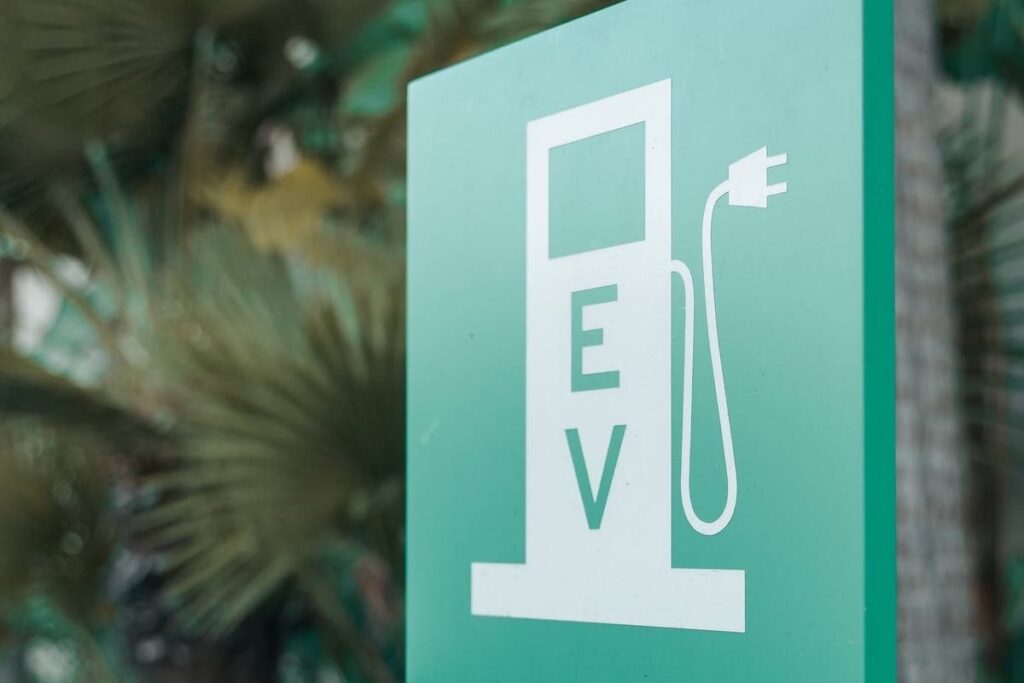India’s southern state of Karnataka plans to cut levies and offer financial incentives to companies in the clean mobility sector, including a steep tax cut for hybrid cars that will be a boost for Toyota, a draft state government document showed.
While India has focused on exemptions for electric cars, the move could make the state, home to tech hub Bengaluru, the second after northern Uttar Pradesh to allow tax breaks for hybrid cars, which Toyota has lobbied for in New Delhi.
Karnataka, which holds India’s third-highest sales of electric vehicles (EVs), aims to reduce road tax and registration fees for hybrid cars costing less than $30,000 (roughly Rs. 25 lakh), from the current 13 to 18 percent , according to a draft seen by Reuters.
The state aims to encourage “clean mobility vehicle adoption,” which includes electric vehicles, certain hybrids and hydrogen vehicles, according to the draft, which did not set a deadline for finalizing and publishing the policy.
The state Department of Transportation did not respond to a Reuters request for comment.
Toyota’s push is at odds with rivals such as Tata Motors and Mahindra & Mahindra who want to keep their focus on electric vehicles, saying incentives for hybrids would hurt India’s adoption goals.
State road tax and registration are charged on top of the federal sales tax of five percent for electric vehicles and up to 43 percent for hybrids.
In addition, Karnataka plans to offer incentives of up to 25 percent on capital investment by manufacturers of electric vehicles or their components, depending on the size of the investment and the number of employees, the draft showed.
The draft shows that Karnataka is likely to offer financial incentives ranging from 15 percent to 25 percent of companies’ investment in fixed assets, such as land and machinery, for new factories or for expansion of existing ones.
It will also apply to manufacturers of battery components or charging equipment for electric vehicles, the draft showed.
The state government has previously said it plans to raise up to $6 billion in new investment through its clean mobility policy, but has not released any other details.
Indian states are trying to outdo each other in investment and tax incentives to attract the electric vehicle industry, in line with Prime Minister Narendra Modi’s focus on encouraging the adoption of such cars to cut pollution and cut fuel import bills.
India’s car sales of 4.2 million in the financial year 2023/24. it included less than 100,000 hybrids and electric vehicles. By 2030, India aims to increase the share of fully electric vehicles to 30 percent of new car sales.
© Thomson Reuters 2024
(This story was not edited by NDTV staff and was automatically generated from a syndicated feed.)


